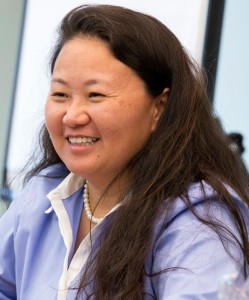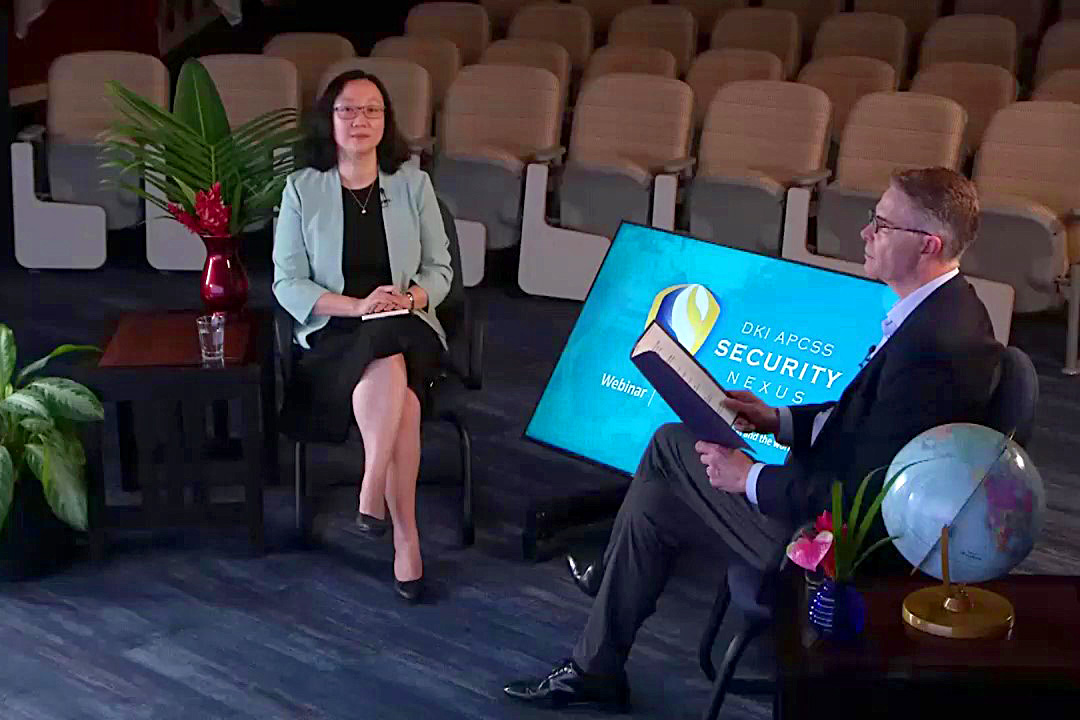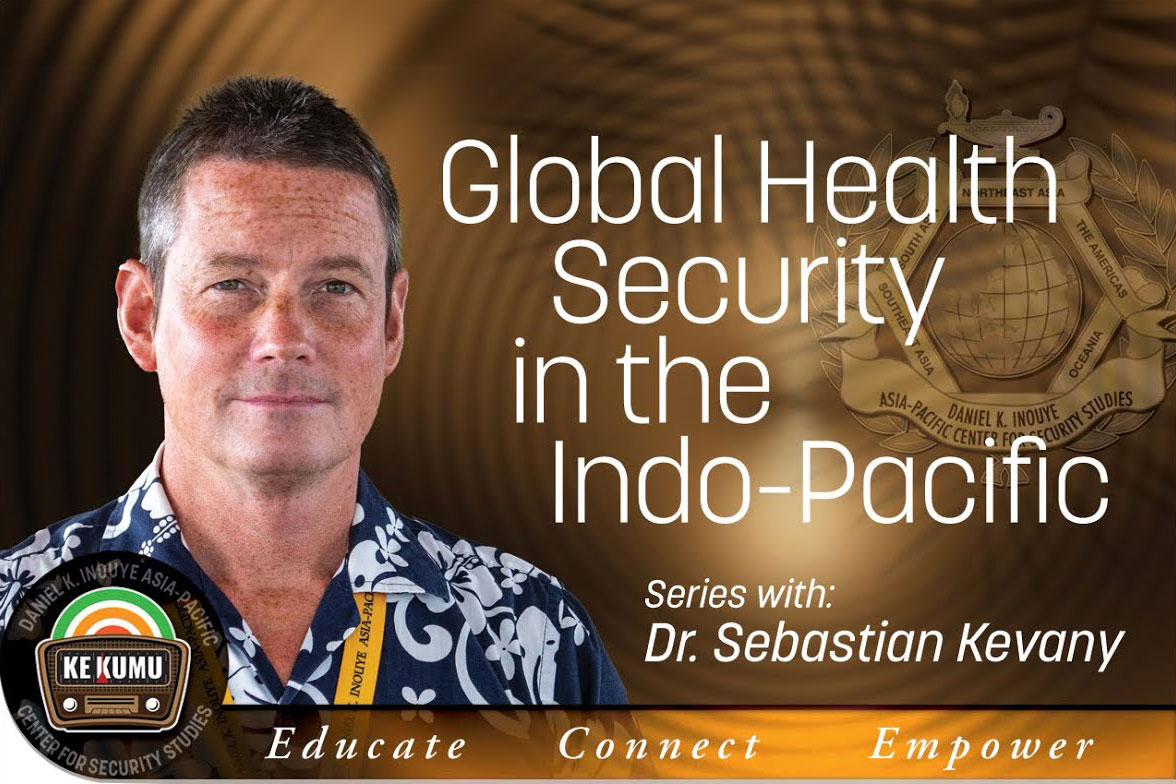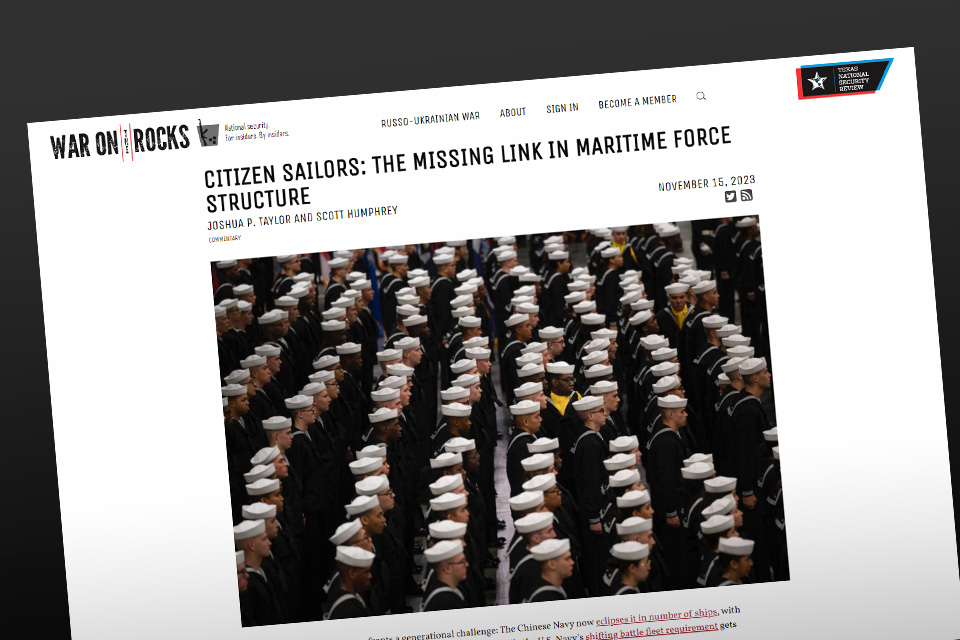The Daniel K. Inouye Asia-Pacific Center for Security Studies recently welcomed Dr. Imes Chiu as a member of its faculty team.
Chiu brings 20 years of professional and academic experience related to stability and support operations in the United States and Asia. While at DKI APCSS, she’ll teach and conduct research on regional security topics with particular emphasis on crisis and disaster management at the operational and strategic policy levels. She has 10 years of teaching experience at Cornell University, the University of Washington and Ateneo de Manila University in the Philippines.
She said her new position is an interesting opportunity. “There are a lot of unique things about DKI APCSS as a security institution. The guiding principles of mutual respect, transparency, non-attribution and social inclusion promote an environment conducive to learning and creativity.”
Chiu also praised the Center’s focus on action as opposed to a lecture-heavy curriculum. The idea, she said, “is once Fellows leave here, they have something to implement (Fellows Project) that will contribute to the betterment of their societies.”
As a DKI APCSS faculty member, she will lead plenary topical discussions, conduct elective courses and serve as a seminar facilitator in resident courses and regional workshops. Her work will enhance the leadership and problem solving skills of security practitioners throughout the Asia-Pacific region with the objective of improving regional governance. In addition to crisis-related issues, she will also work with topics such as security and defense sector governance and strategic planning.
Chiu speaks five Asian languages proficiently, and her education background includes a Ph.D. in science and technologies from Cornell. She has served as a social scientist with the Department of Defense, conducting sociocultural, anthropologic and ethnographic studies for the special operations forces community.
Before arriving at DKI APCSS, she was the applied research lead for Cubic Global Defense at DoD’s Center for Excellence in Disaster Management and Humanitarian Assistance in Hawaii. While there, she developed partnerships with government and nongovernment organizations to develop and conduct training in disaster management.
Chiu has several publications to her credit, including the book The Evolution from Horse to Automobile: A Comparative International Study, in which the author evaluates the process by which people adjust to technological and societal advances. Her book on U.S.-Philippine military history garnered the 2008 to 2009 Global Filipino Literary Award for Nonfiction and was recommended by CHOICE, a premier scholarly research journal used by academics and librarians.
She joins a faculty team that builds greater understanding of the socio-economic, political, defense, health and environmental issues impacting the region’s security structure. They also promote multilateral cooperation in addressing issues that are often transnational in scope.
In her short time as a faculty member, Chiu said she’s been impressed with how Fellows develop relationships at the Center. “The way they come together despite being from many different countries with very different perspectives…to have the privilege to work closely with them is an amazing experience and offers incredible growth for me. The friendship and comradery is terrific.”
DKI APCSS is a Department of Defense institute that addresses regional and global security issues. Military and civilian representatives, most from the United States and Asia-Pacific nations, participate in a comprehensive program of executive education, professional exchanges and outreach events, both in Hawaii and throughout the Asia-Pacific region.
The Center supports U.S. Pacific Command by developing and sustaining relationships among security practitioners and national security establishments throughout the region. APCSS’ mission is to build capacities and communities of interest by educating, connecting and empowering security practitioners to advance Asia-Pacific security. It is one of the Department of Defense’s five regional security studies centers.
-END-










Leave A Comment